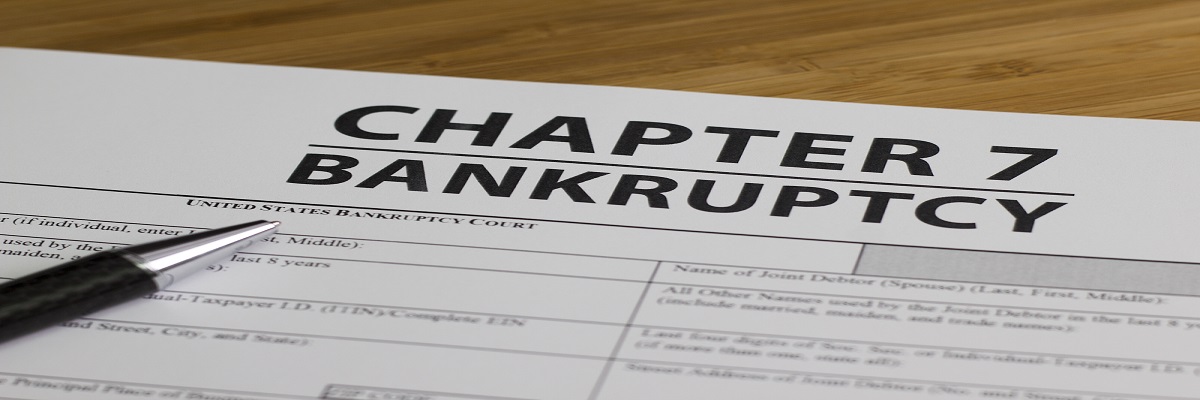Call: 888-297-6203
According to lawyers of Dallas based law firm, when an individual files for chapter 7 bankruptcy, they might have to close their business down. However, if it is an LLC or a corporation, despite being personally liable for significant amount of debt, you might be able to keep it running. Here is what happens in different types of businesses during a bankruptcy filing:
Sole proprietorship
In this case, the trustee might ask for the business to be closed till an assessment of its value, exemption status and sale price of business assets in your bankruptcy estate can be calculated. This might take around a couple of months. It also helps in reducing any additional liabilities had the business been running. If the business operates without any assets and has little chance of incurring liabilities or further debts, it might remain functional during bankruptcy proceedings. If the business has large sum that are yet to receive, it might be shut down so that the trustee could collect the money. Any proceeds that are made by the business while you are in bankruptcy become part of bankruptcy estate.
Partnerships and Multimember LLC
In this case, your share of partnership will become part of the bankruptcy estate. Though most states prevent trustee from interfering with a partnership or LLC or take the assets unless you are the majority owner. A creditor or bankruptcy trustee can get a “charging order” against the debtor/owner’s interest. This order acts as a lien and allows the receiver to receive profits instead of the owner. Unfortunately, if the partnership or LLC does not distribute the profits regularly, it is of no benefit. Though the trustee can assign or sell your ownership interest to another they are not allowed to sell your share, vote, or get any other membership rights of the partnership or LLC.
As a partner or member of an LLC, you might have to terminate your ownership interest prior to bankruptcy filing. In case you violate the signed agreement specifying this, you might end up facing a lawsuit from the co-owners. Consult with experienced bankruptcy lawyers at (888-297-6203) to discuss it.
Corporations and single member LLC
Since your corporate shares or LLC membership is a part of your bankruptcy estate, the trustee can take over your shares and liquidate the business (if you are a sole or majority owner) to distribute the proceeds to your creditors. A cost/benefit approach is taken to decide whether the ownership should be dissolved or not. If liquidating the business is financially profitable, the trustee might go ahead and sell the non-exempt business assets, if not they might not liquidate the business.
If you own a viable business with other members, your personal bankruptcy may not affect your business. Unless you are the major shareholder, the trustee might not be able to dissolve the corporation to get its assets. Even your stock will not be of much value unless other owners want to buy it.

